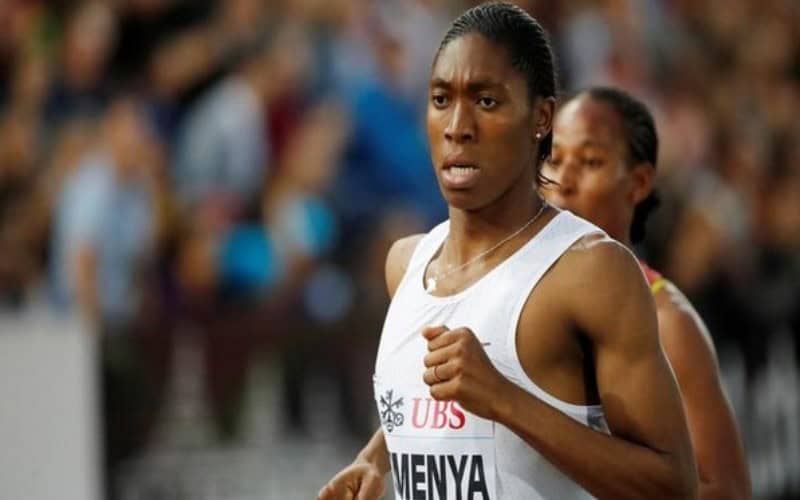Monte Carlo: The International Association of Athletics Federations (IAAF) has vehemently rejected the claim made by a media report that the association intends South African women’s 800m Olympics champion Caster Semenya to be classified as a biological male during the hearing of her landmark case, next week.
In an official statement, IAAF clarified that they are not classifying any Differences of Sexual Development (DSD) athlete as male and are instead accepting their “legal sex without question”.
The association, however, maintained that male level of testosterone in a DSD athlete can give undue advantage to them and “to preserve fair competition”, they must “reduce their testosterone down to female levels before they compete at international level”.
“The IAAF is not classifying any DSD (Differences of Sexual Development) athlete as male. To the contrary, we accept their legal sex without question, and permit them to compete in the female category,” IAAF said in a statement.
“However if a DSD athlete has testes and male levels of testosterone, they get the same increases in bone and muscle size and strength and increases in haemoglobin that a male gets when they go through puberty, which is what gives men such a performance advantage over women. Therefore, to preserve fair competition in the female category, it is necessary to require DSD athletes to reduce their testosterone down to female levels before they compete at international level,” the statement added.
In April 2018, the IAAF announced its new rules targeting women who naturally produce unusually high levels of testosterone, arguing that hyper-androgynous competitors enjoy an unfair advantage.
The Athletics’ governing body passed a ruling that a few female runners who naturally have high testosterone levels will have to race against men or change events unless they pop in medication.
Following the ruling, Semenya challenges IAAF rule and the matter is still pending with Court of Arbitration for Sport (CAS). If CAS ruled in favour of the IAAF, Semenya and other DSD athletes will have to reduce their testosterone levels to no greater than 5nmol/L for six months before competing in international events ranging from 400 metres to a mile.
[source_without_link]ANI[/source_without_link]

